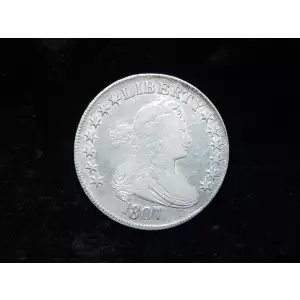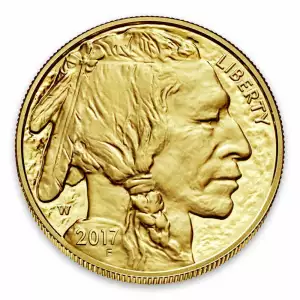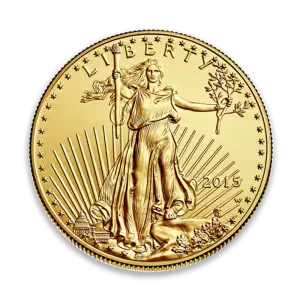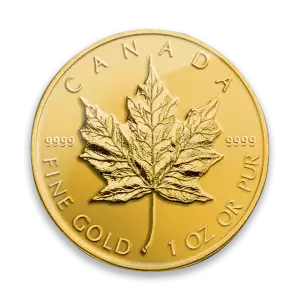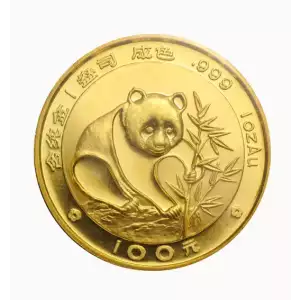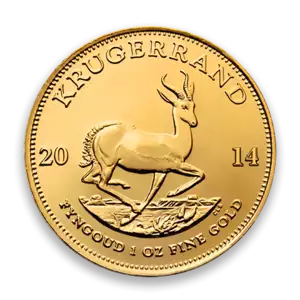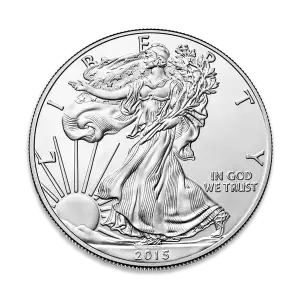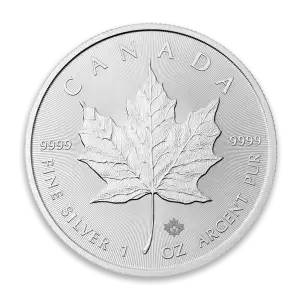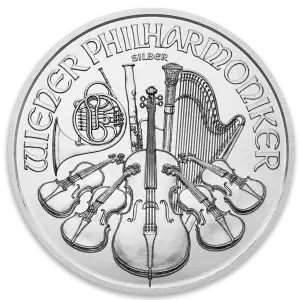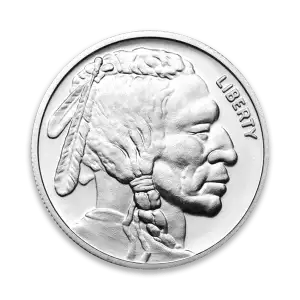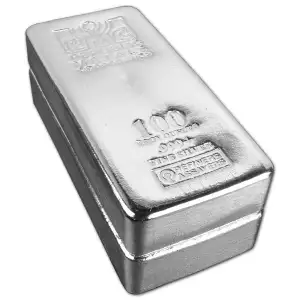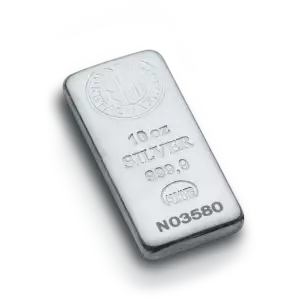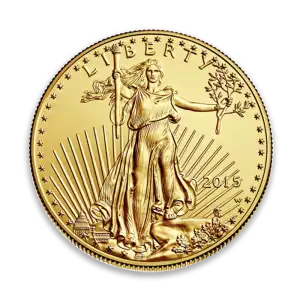A Guide for Coin Collectors in Phoenix & Peoria, AZ
Why Coin Identification Matters
Coin collecting is more than just a hobby; for many, it’s a rewarding investment. Identifying rare, valuable, and old coins not only adds prestige to a collection but can also lead to significant financial gain, as understanding coin values is crucial for making informed decisions. Whether you’re a seasoned collector or just starting, knowing how to identify valuable coins is crucial to making informed decisions. In Phoenix and Peoria, AZ, coin collecting has become a popular activity, thanks to the region’s rich history and growing community of enthusiasts. Understanding how to properly identify coins can help you find hidden treasures in your own collection.
Why It’s Important in Phoenix & Peoria
Arizona has a unique history when it comes to coinage. From the state’s pre-statehood days to its role in the Western expansion, coins from Arizona are especially valuable to local collectors. Whether you’re a collector based in Phoenix or Peoria, knowing how to identify rare and old coins can enhance your collection and give you a deeper connection to Arizona’s history.
Understanding Coin Value
Understanding the value of a coin is crucial for collectors and enthusiasts. Several factors contribute to a coin’s value, including its rarity, condition, and demand. Rare coins, such as those with low mintage or unique errors, can be highly valuable. For instance, a coin minted in limited quantities or featuring a unique misstrike can fetch a significant price. The condition of a coin, including its wear and tear, also plays a vital role in determining its value. Coins in pristine condition are generally more valuable than those showing signs of heavy use. Additionally, the demand for a particular coin can drive up its value. American coins with historical significance or unique mint marks are often highly sought after by collectors, making them more valuable. Understanding these factors can help collectors make informed decisions and identify valuable coins in their collections.
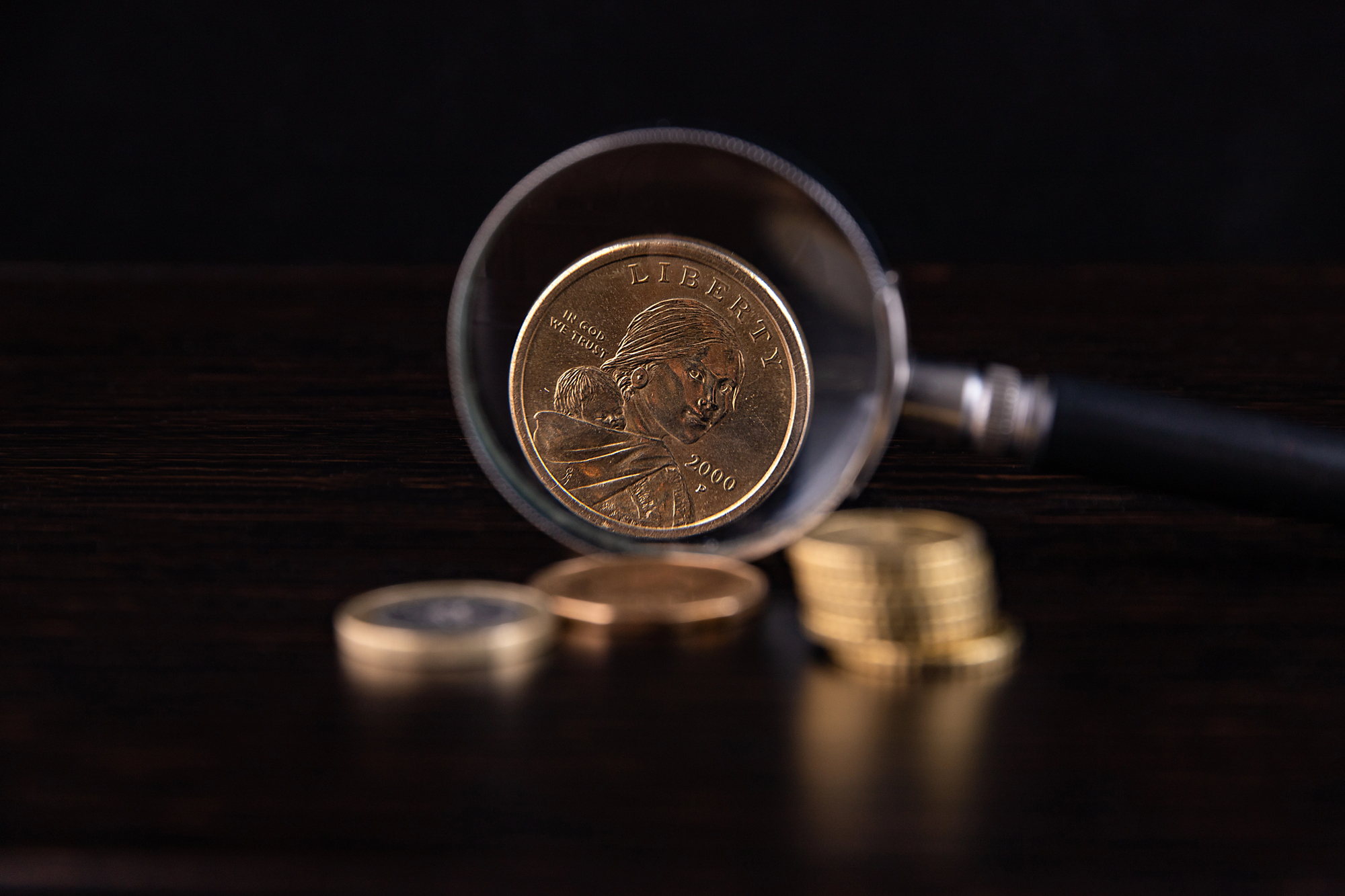
Key Characteristics to Identify Rare and Valuable Coins
- Rarity
The rarity of a coin is one of the most important factors in determining its value. Coins with limited mintage or that are no longer in circulation tend to be more valuable. A coin's rarity is often determined by its mintage, with lower mintage numbers indicating greater scarcity and value. For example, an old coin minted in small quantities or a unique misstrike can be much more valuable than a mass-produced one. Coins from the U.S. Mint that have a limited mintage, such as gold or silver bullion coins, are highly prized by collectors. - Demand
A coin’s value is often influenced by demand among collectors. Some coins, especially those with historical significance, attract greater interest. While many coins in circulation are only worth their face value, rare coins can hold significant value beyond their nominal worth. For example, coins with an interesting backstory—such as those from the early days of Arizona’s statehood or limited-edition commemorative coins—tend to be highly sought after. - Condition (Grading)
Coin grading is crucial in determining its worth. Coins are graded on a scale from 1 to 70, with 70 being perfect. A coin in excellent condition will fetch a higher price than a well-worn one. Pay attention to the surface of the coin, as wear and tear can significantly affect its value. Local dealers in Phoenix and Peoria can help you assess the condition and provide professional grading. - Age & Historical Significance
The age of a coin can also impact its value. Coins from specific historical periods or events are more likely to appreciate in value. Arizona’s history, including its time as a part of Mexico before becoming a U.S. territory, means that coins from the 1800s are particularly interesting for collectors in this region.
How to Identify Old Coins
- Understanding the Age of a Coin
One of the easiest ways to determine a coin’s age is by looking at its date and mintmark. If you’re dealing with a coin that seems particularly old, check for signs of wear and patina, which can help authenticate its age. Old coins, especially those from the late 1800s to early 1900s, are common in the Phoenix area due to the state’s rich history. Identifying a rare coin among these old coins can significantly enhance the value of your collection. - Common Old Coins in Phoenix & Peoria
Phoenix and Peoria are steeped in history, and it’s not uncommon to find old coins from the late 1800s. For example, you may come across coins minted during Arizona’s territorial days, like the 1850s half dollars or 1900s trade dollars. U.S. coins from the early 1900s, such as the Barber Dime or Indian Head Cent, are still circulating and of interest to local collectors.
Key Features to Examine
- Weight and Size Checking the weight and size of a coin is a quick way to verify its authenticity and value. Rare coins often have precise weight and size specifications. For example, if you’re examining a gold coin, it should weigh the exact amount that is standard for its denomination. Deviations in weight could suggest that the coin is a counterfeit or has been altered.
- Mintmarks and Insignias Mintmarks, like “D” for Denver or “S” for San Francisco, can significantly impact a coin’s value. These marks indicate where the coin was minted, and some mintmarks are rarer than others. For instance, coins from the Carson City Mint are considered more valuable due to their rarity. You’ll often find local mintmark coins in the Phoenix area, as it was once a major western hub for coin collection.
- Design and Typography The design and typography of a coin are essential clues when identifying valuable specimens. Pay close attention to the font, design features, and potential errors. Coins with engraving mistakes, such as double strikes or reversed lettering, can be highly collectible. Using online databases to compare search results can help you identify these valuable errors more effectively. In some cases, these errors can make a coin far more valuable than a perfectly minted one.
Researching and Verifying Coins
Researching and verifying coins is an essential step in determining their value and authenticity. Collectors can use various resources, such as coin guides and online databases, to research similar coins and determine their value. These resources provide detailed information on coin images, mint marks, and historical significance, helping collectors identify coins accurately. Verifying the authenticity of a coin is also crucial, as counterfeit coins can be common. Collectors can use tools such as magnifying glasses and scales to examine the coin’s details and weight. Additionally, consulting with experts or getting a coin appraised by a reputable dealer can provide further verification. Many collectors in Phoenix and Peoria rely on local dealers for their expertise in identifying and authenticating coins, ensuring they add genuine and valuable pieces to their collections.
The Role of Coin Certification and Grading
Professional Coin Grading
Once you’ve identified a rare or valuable coin, getting it professionally graded by a respected organization such as the Numismatic Guaranty Corporation (NGC) or the Professional Coin Grading Service (PCGS) can help establish its true value. Certified coins typically fetch a higher price and are more desirable to other collectors. Local dealers in Phoenix and Peoria can assist you with grading and provide insights into the current market value.
Why It Matters Locally
For collectors in the Phoenix and Peoria areas, working with local dealers like Copper State Coin ensures that you receive accurate and reliable assessments of your coins. The region's coin dealers are familiar with local history and the specific characteristics of coins found in Arizona, which makes them invaluable resources.
How to Check for Counterfeits
Recognizing Fake Coins
Counterfeit coins are unfortunately common in the numismatic world. To identify a fake coin, use a magnet to check for magnetism—most genuine coins won’t be attracted to magnets. Additionally, inspect the edges and weight. If a coin feels unusually light or heavy, it could be a counterfeit. Lastly, examine the coin’s design under a magnifying glass; most fakes have poorly engraved details.
Professional Services
To avoid the risk of purchasing counterfeit coins, it's always best to consult professional coin dealers for authentication. Phoenix and Peoria have several reputable dealers that offer services to check and verify the authenticity of your coins.
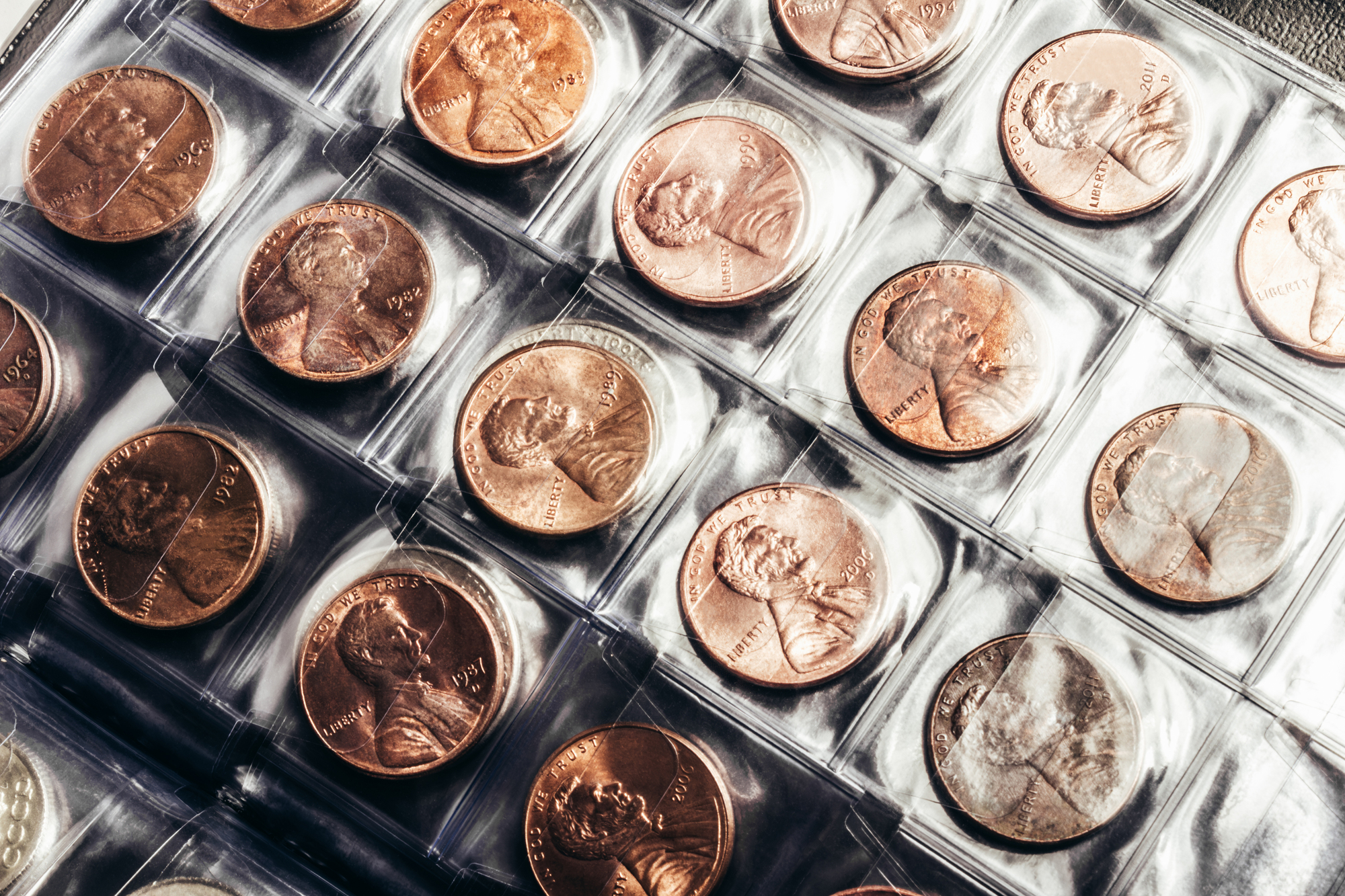
Coin Storage and Preservation
Proper storage and preservation of coins are essential to maintaining their value and condition. Coins should be stored in a cool, dry place, away from direct sunlight and moisture, as these elements can cause damage over time. Using acid-free materials, such as paper and cardboard, can help prevent chemical reactions that might harm the coins. Additionally, storing coins in airtight containers or albums can protect them from dust and other contaminants. Regularly cleaning and handling coins with care can also help preserve their condition. It’s important to use gentle cleaning methods and avoid harsh chemicals that could damage the coin’s surface. By following these storage and preservation tips, collectors can ensure their coins remain in excellent condition, retaining their value for years to come.
Common Coin Errors
Coin errors can occur during the minting process, resulting in unique and potentially valuable coins. Some common coin errors include miscast or misprinted coins, incorrectly made coins, and coins with misplaced mint marks. These errors can be caused by human error or equipment malfunction. Coins with errors can be highly sought after by collectors, as they can be rare and unique. For example, a coin with a misprinted date or a misplaced mint mark can be highly valuable. Collectors often search for these errors, as they add an element of rarity and uniqueness to their collections. Identifying and understanding these errors can help collectors recognize valuable coins that might otherwise go unnoticed.
Where to Buy and Sell Rare Coins in Phoenix & Peoria
Local Coin Dealers and Shops
Phoenix and Peoria are home to a number of trusted coin dealers, including Copper State Coin. Whether you're looking to sell a coin or add a rare piece to your collection, these shops provide expert advice and fair pricing. Their local expertise helps collectors navigate the complexities of coin identification and investment.
Coin Shows and Auctions
The Phoenix Coin Show, one of the largest in Arizona, is a great place to buy, sell, or trade coins. Here, you’ll find dealers from around the country and the opportunity to network with other collectors. Auctions in the area also offer a chance to acquire rare and valuable coins with a bit of competitive excitement.
Tips for Building Your Coin Collection in Phoenix & Peoria
Networking with Other Collectors
There are several local clubs and online communities where coin collectors in Phoenix and Peoria can meet, exchange tips, and share their collections. These networks can be a valuable source of information when identifying rare or valuable coins.
Building Value Over Time
Building a valuable coin collection doesn’t happen overnight. Be patient, and focus on acquiring coins with historical significance or rarity. Over time, these coins can appreciate in value, making them worthwhile investments.
Enhancing Your Coin Collection with Expert Knowledge
The Importance of Knowledge in Coin Collecting
Identifying rare, valuable, and old coins requires a keen eye and a bit of expertise. With the right knowledge, you can make informed decisions about your collection and even turn your hobby into a profitable investment. Whether you're a first-time collector or an experienced numismatist, understanding the ins and outs of coin identification will help you build a valuable and impressive collection.
Visit Copper State Coin
If you're in Phoenix or Peoria and need help identifying your coins, Copper State Coin is here to assist. Our team of experts can provide you with appraisals, advice, and services to help you grow your collection.
Contact Us
Ready to get started? Bring your coins to Copper State Coin for a professional assessment, or contact us online for expert advice and appraisals. Our knowledgeable staff is here to help you identify and value your collection!

